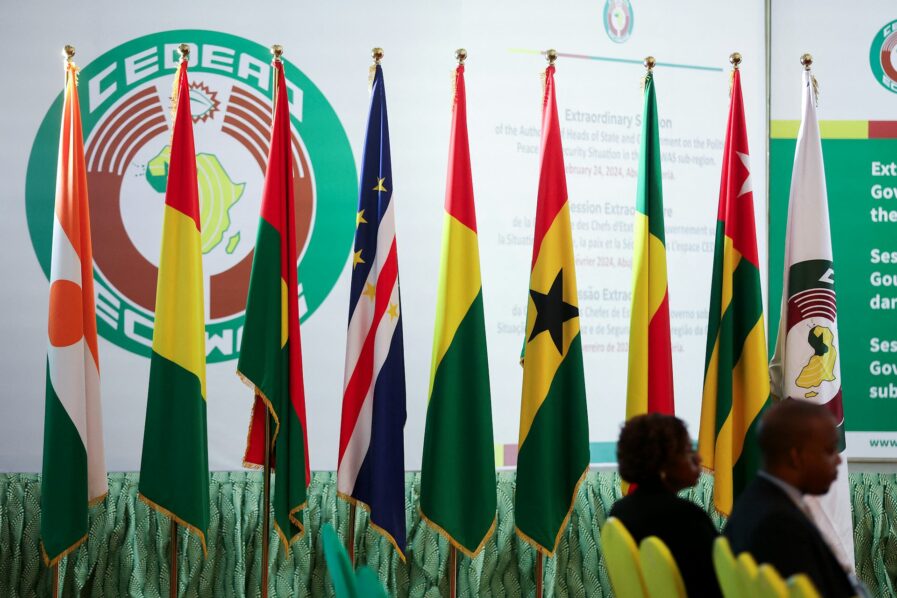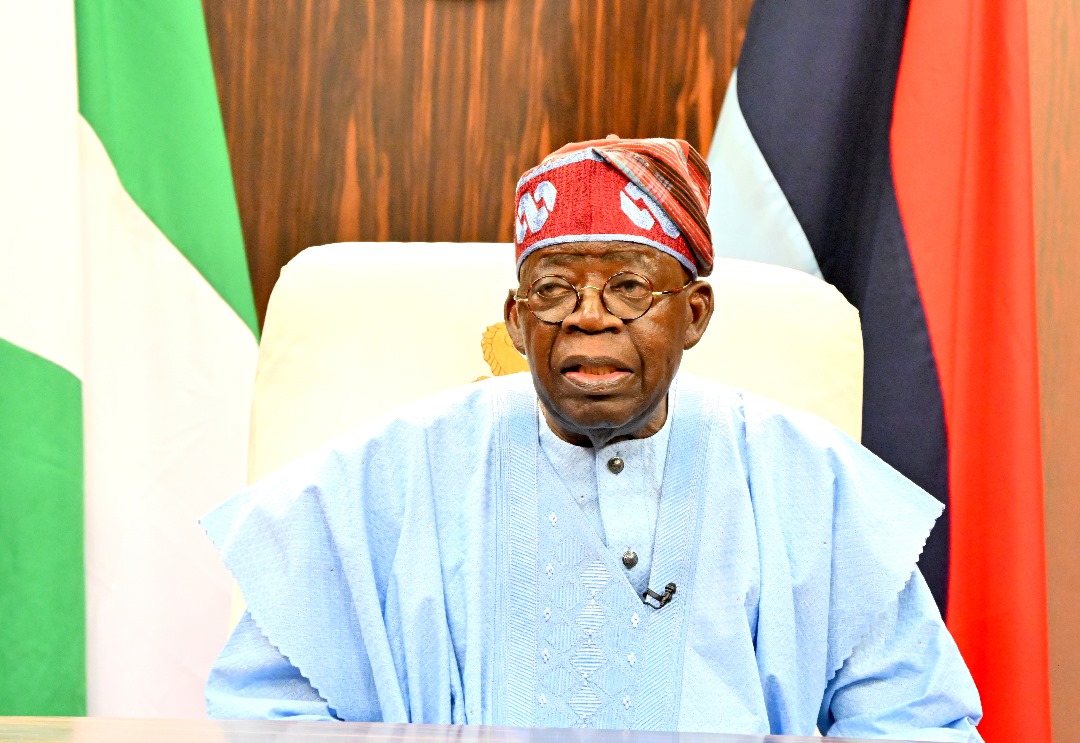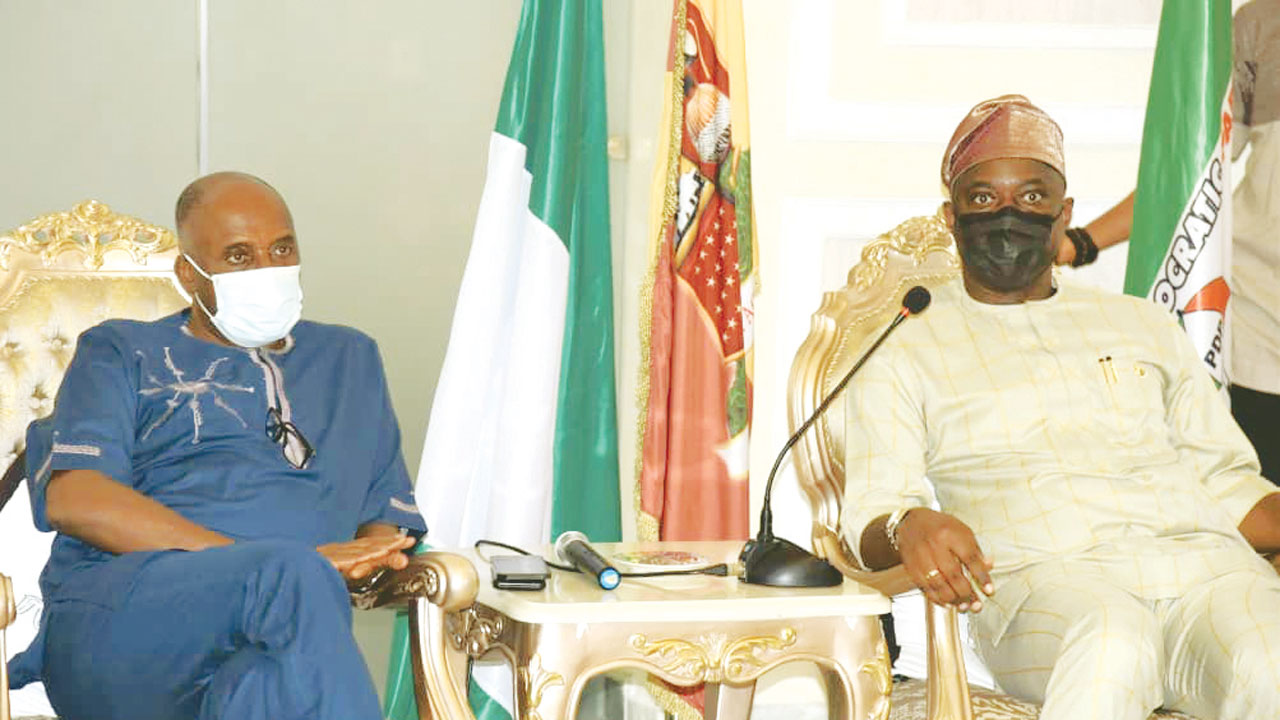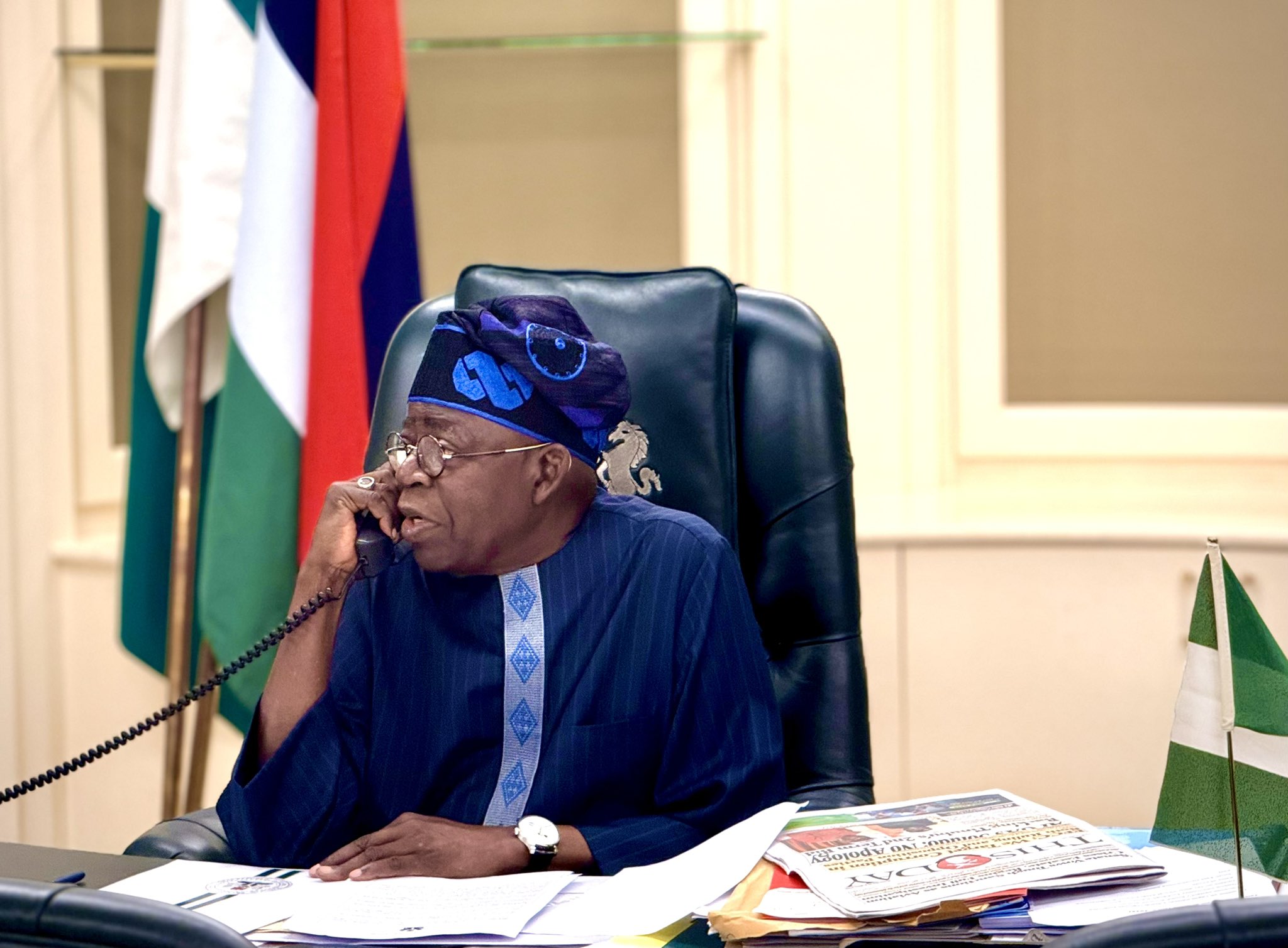
Effective tomorrow, Niger, Mali, and Burkina Faso will cease to be members of the Economic Community of West African States (ECOWAS). This is despite several moves by the leadership of the West African regional bloc to persuade them to rescind their earlier stance.
The three countries, led by military juntas, had on January 28 last year, jointly indicated their decision to withdraw their membership from the bloc, and consequently chose to regroup under a confederation—the Alliance of Sahel States (Alliance des États du Sahel, AES).
Going by the regional protocols, the letter takes effect today, and the entire region is apprehensive about the likely implications of their exit on the region and on individual countries, particularly those that share common borders with them.
Also, ECOWAS leadership had last December directed the Commission to work on the bloc’s final separation with AES within the next six months. While this is ongoing, there are mixed feelings about their possible change of mind, considering what they stand to lose by leaving the bloc.
The Senior Special Assistant to Nigeria’s President, Bola Ahmed Tinubu, on Strategic Communications and Communications Adviser to the President on ECOWAS Commission, Linda Nwabuwa Akhigbe, stated that though anything can happen within the next months, there is no indication that the countries will change their minds after the deadline. She noted that the period will also serve to fine-tune the process of “divorce.”
According to Akhigbe, there are at least 132 citizens of Niger, Mali and Burkina Faso serving in different ECOWAS institutions who are likely to lose their jobs. Meanwhile, ECOWAS institutions located in their countries are likely to be shut down. Some of the institutions she noted include the West African Health Organization (WAHO), ECOWAS Centre for Water Resources, and ECOWAS Youth and Sports Development Centre, all in Burkina Faso. Others include the ECOWAS Resident Representative in Mali and in Niger, as well as the ECOWAS Regional Food Security Reserve situated in the countries.
“So, there is going to be closure of the regional food security reserves in these three countries, and as a consequence of the withdrawal of AES from ECOWAS, the employment of their citizens would be terminated. It is unattainable to maintain them due to the circumstances. They will also exit the Inter-Governmental Action Group Against Money Laundering in West Africa (GIABA), and you know how important GIABA is in terms of dealing with financial crimes and all that. Even though the AES countries have requested to remain in GIABA, this needs to be seen.
“We also have the ECOWAS Bank for Investment and Development, which is a financial institution that facilitates wealth creation, economic growth, and industrialization for the well-being of the community members. There is going to be a halting of EBID’s development programmes and projects in these three countries, including the over $3 million credit facility granted to Mali’s main bank,” the SSA said.
She feared that the exit will take its toll on humanitarian interventions, including peacekeeping, humanitarian aid, and regional integration and development initiatives.
“While the regional body might have erred in its earlier approach to Niger, it was expedient for the countries to obey regional protocols and honor their obligations and commitment to democracy,” said a public affairs analyst, Mr. Paul Ejime.
As much as Nigeria repented of its sanctions against Niger and expressed sadness over the three countries’ departure from the bloc which it hosts, and deployed several strategies to appease them to change their mind on the exit plan, a statement from Nigeria’s Ministry of Foreign Affairs had nevertheless reiterated the country’s stance with ECOWAS in upholding due process and sharing a commitment to protect and strengthen the rights and welfare of all citizens of member states.
The statement held that Nigeria had worked in good faith to reach out to all members of the bloc towards resolving their challenges, but the actions of the exiting countries buttressed that not all members shared “the same good faith.”
The withdrawing countries have accused the leadership of the bloc of constituting a threat to their sovereignty by coming under the influence of foreign powers, betraying its founding principles, and becoming a threat to member states and people.
Mali, Burkina Faso, and Niger were founding members of ECOWAS back in 1975, but the regional group had imposed sanctions on them following military coups that overthrew elected civilian governments.






